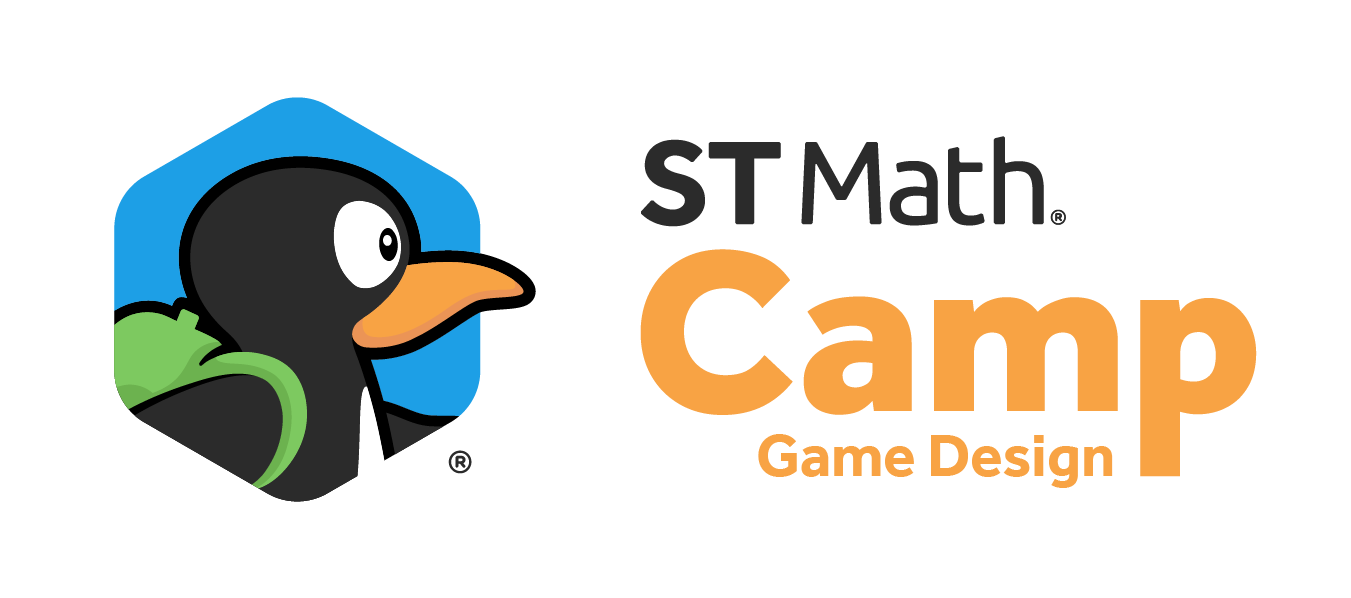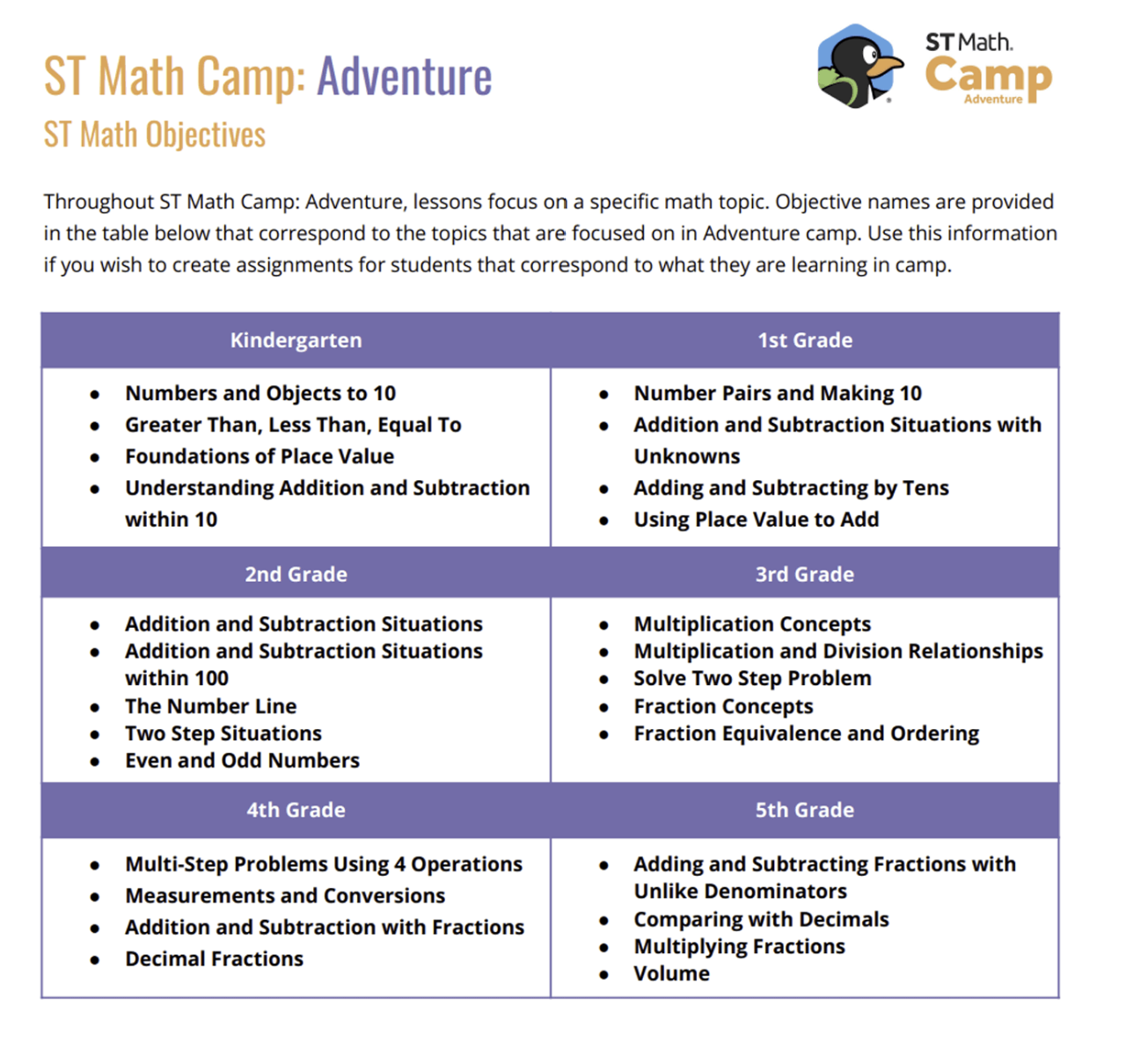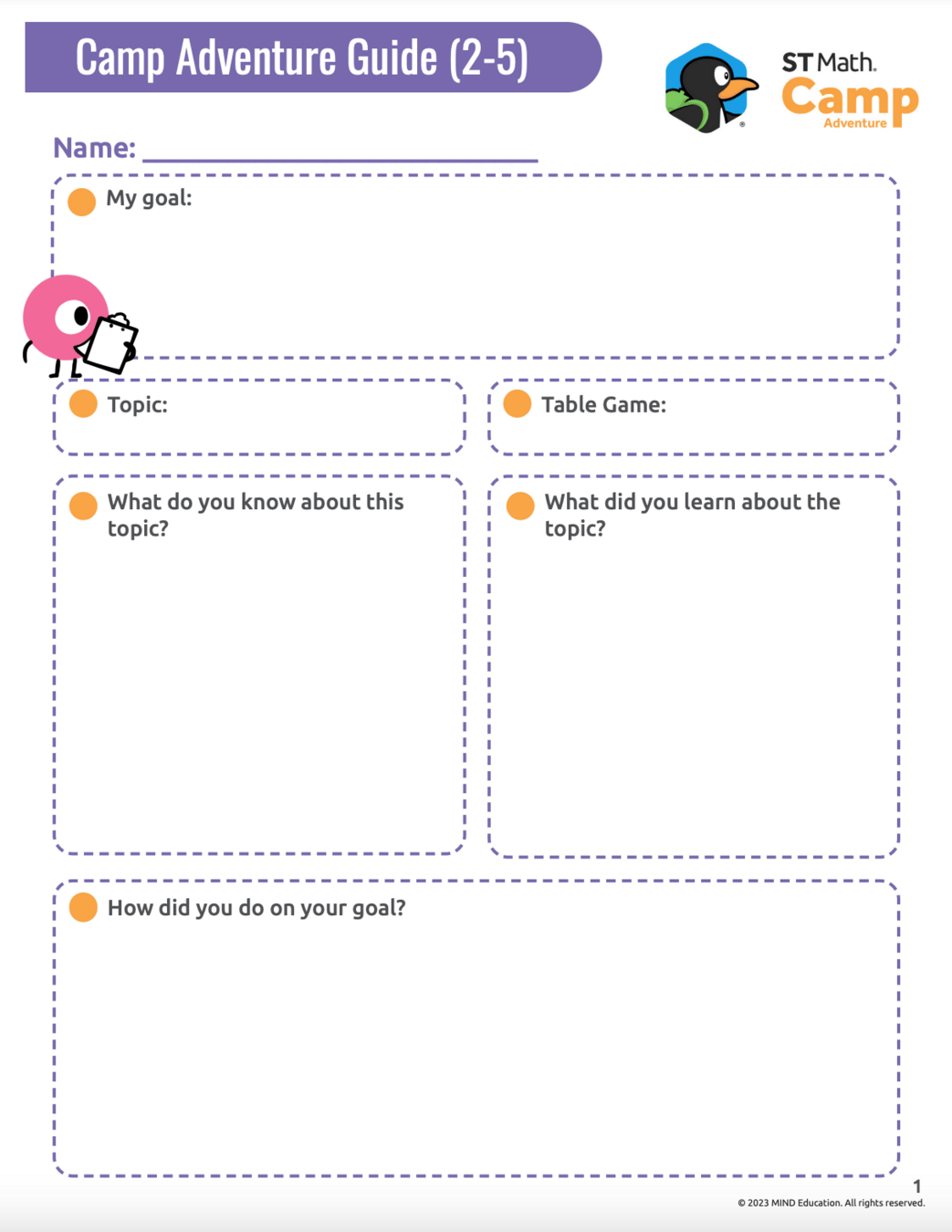Supporting the use of Instructional Stations



Supporting the use of Instructional Stations

Supporting the use of Instructional Stations
ST Math Camp: Adventure provides Camp Stations (Instructional Stations) as an effective learning model that engages students and offers opportunities to
- learn collaboratively
- build student agency and accountability
- inform decisions for personalized intervention.


Supporting the use of Instructional Stations
Camp Adventure offers three Instructional Stations:
Table
Games
ST Math Puzzles
Small
Group
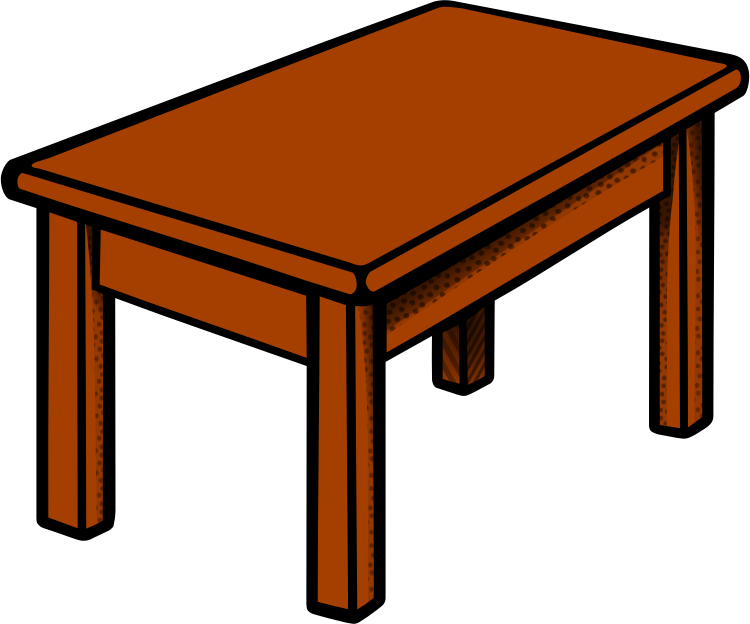

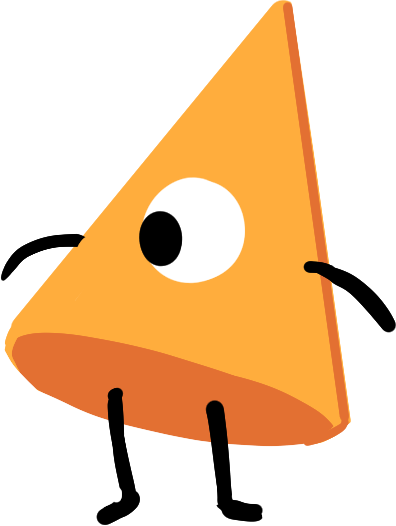
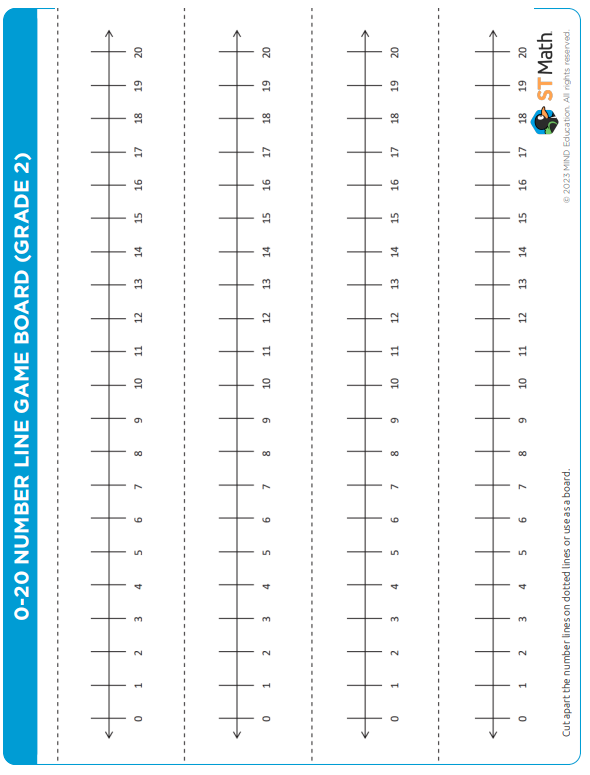
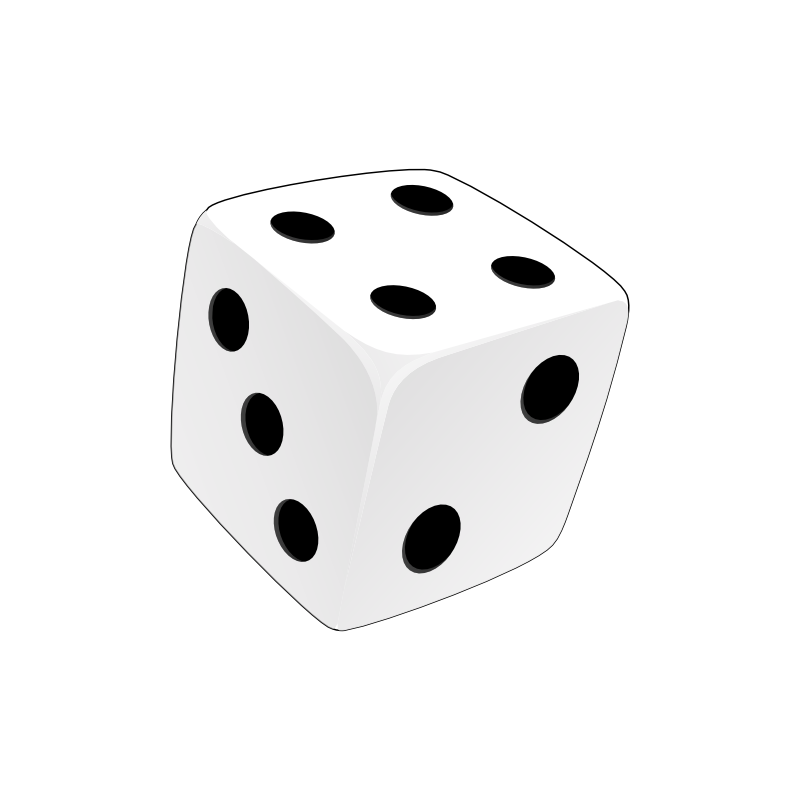


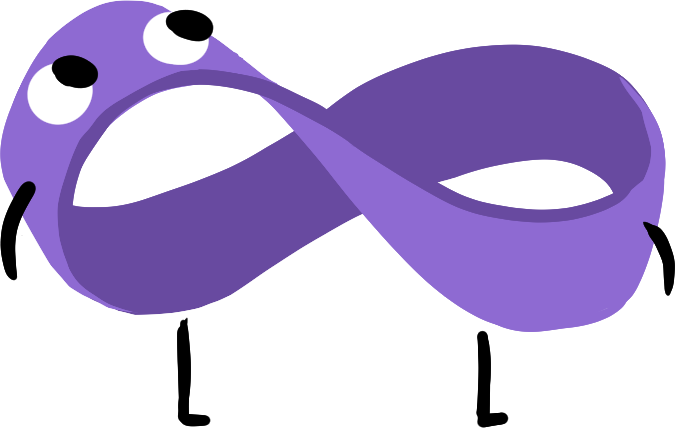
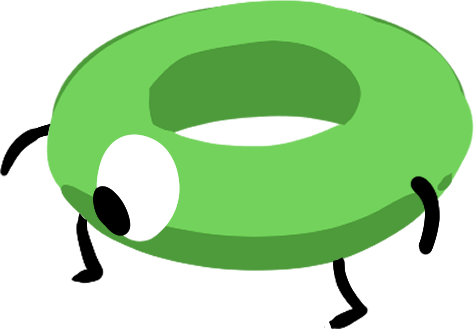





Supporting the use of Instructional Stations
Table Games
Table Games that were introduced in Session 1 are now played by the students with a partner or in small groups to focus on developing and practicing math concepts.
Students play in pairs or in groups of 4 depending on the rules of the game.
As students play games, encourage them to think about the strategies they use and the connections they can make to the math they are learning.
Have students stop five minutes before the end of Camp Station time and complete the Table Games section on page 2 of the Camp Adventure Guide.
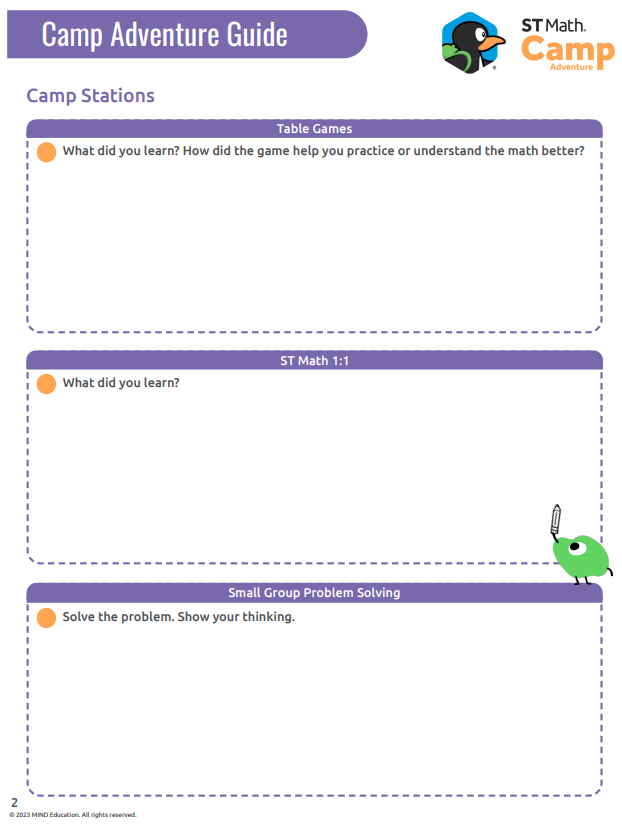
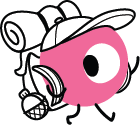
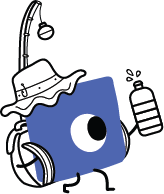

Supporting the use of Instructional Stations
Have students stop five minutes before the end of Camp Station time and complete the ST Math 1:1 section on page 2 in the Camp Adventure Guide.


If students are replaying puzzles, encourage them to work through them differently.
Students should continue on in their Journey unless the teacher creates a specific assignment. Click on the image for a list the ST Math Camp: Adventure Objectives used in every grade.
ST Math Puzzles
Students work individually on ST Math puzzle game play. Encourage students to use math tools and refer to the Problem Solving Process Student Bookmark while they work.

Supporting the use of Instructional Stations
Small Group Problem Solving
Teachers lead small group discussions about word problems using facilitation questions and engagement strategies to promote discourse. Students discuss their strategies and explain and defend their answers.
The teacher provides students with the Camp Adventure Guide or paper to record their answers in the Small Group Problem Solving section on page 2.


Facilitators of Problem Solving:
-
Provide access to math tools for problem-solving.
- Have procedures in place for how students conduct discourse with each other, look at the Engagement Strategies to Promote Discourse for suggestions.

Supporting the use of Instructional Stations


Suggested Process:
-
Pull students into a small group with the teacher.
-
Read the problem as a group
-
Give students time to discuss the problem together.
- What is this problem about?
- What might be a reasonable solution for this problem?
- What are some strategies they might want to try? (This should be a discussion but not a focus on solving or right or wrong strategies)
- Give students time to solve the problem
- Have them discuss with a neighbor and see if they tried the same thing
- Share out as a group and discuss
Small Group Problem Solving

Supporting the use of Instructional Stations
Team Member Roles
Creating Opportunities for Student Accountability
Teachers have the freedom to combine some of the roles or add their own. All team members should encourage each other to participate and offer feedback throughout the problem-solving process.
Materials Manager (Table Game Station)
Picks up, distributes, collects, turns in, or puts away materials
Time Keeper (All Stations)
Keeps track of time and reminds members how much time is left
Reader (Small Group Problem Solving and Table Game Station)
Reads instructions, problems or information to the group


What is my role for today?

Supporting the use of Instructional Stations
Planning for Camp Stations
The content and experiences in Camp Stations are designed to support student development of math concepts and student ability to communicate thinking and learning.
To use the Camp Stations effectively, it is important for teachers to intentionally plan the purpose, goals/outcomes, and experiences they want students to have during the station time.
Engaging Student in Deeper Learning

Click here to access the Session Agenda & Planning Tool

Supporting the use of Instructional Stations
Organization
- What are your goals for using Camp Stations?
- What procedures will be established for Camp Station groups (groupings, movement, access to materials, roles of students, expectations, transitions, support, etc.)?
- How will students interact with each other?
Content
-
What experiences would you like your students to have?
-
How will students interact with the content?
-
How will their interactions with the content be meaningful and connected to the classroom?
Evaluate
-
How will you know what students are learning?
-
How will student progress be tracked, monitored and celebrated?
-
How will students know if they are successful?
Teacher Action
-
What is your role in the stations?
-
How will you evaluate the station rotation model?
-
What will you do once you determine what is/isn’t working?
-
How often will you make adjustments to maximize success?
Wondering how to plan for the use of Camp Stations in your classroom? These questions can help guide you:
Planning for Camp Stations
Engaging Student in Deeper Learning

Supporting the use of Instructional Stations
Camp Station Rotation
Rotation Sample Schedule (20–30 minutes per rotation)
Whole Group - Learn the Table Game for the week
Group A
Group C
Group B
Group B
Group A
Group C
Group C
Group B
Group A
ST Math Puzzle Play
Session 4
Session 1
Session 3
Session 5
Session 2
Small Group
ST Math Puzzles
Table Games
v

Supporting the use of Instructional Stations
Camp Station Best Practices | Helpful Tips
Set a timer to help students pace themselves.
Make sure that math tools are accessible to students.
Communicate clear expectations to students.
Consider giving roles to students in the group to support accountability and collaboration.
Provide strategies for students who need help during station time.
Provide clear directions for each station and ensure that students have all the materials that they need for the stations.
When organizing your Camp Stations, consider movement in high-traffic areas during transition time.

The End
Ask students to summarize their learning - a great way to assess their understanding - at the conclusion of Camp Stations.

